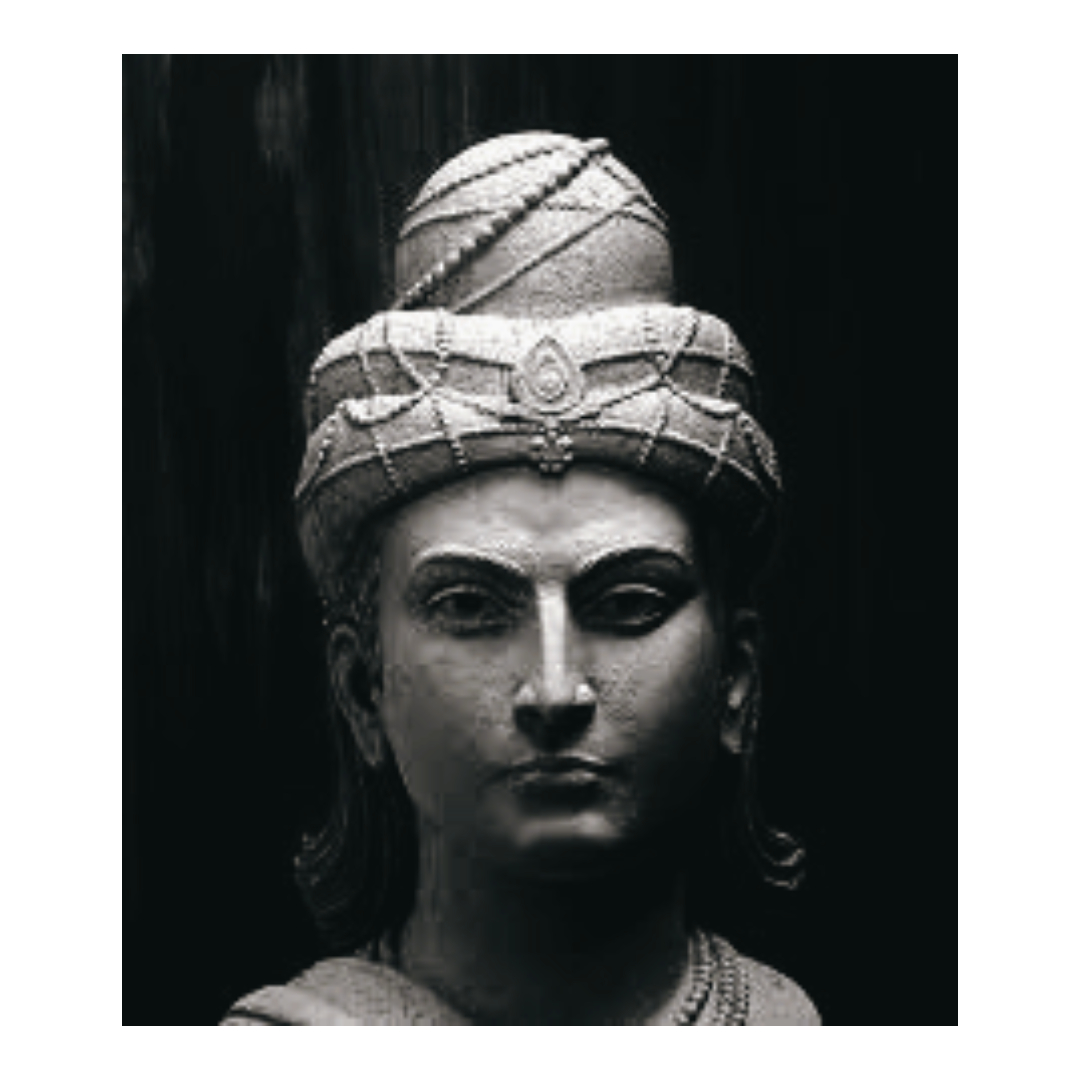Raja Ashoka’s Conversion

A Cathartic Journey from Hinduism to Buddhism
Emperor Ashoka, also known as Ashoka the Great, is one of the most influential and significant rulers in the history of ancient India. Ashoka’s rule from 268 BCE to 232 BCE marked as a significant turning point in his life when he went through a profound conversion from Hinduism to Buddhism. This conversion not only transformed Ashoka’s personal beliefs and values but also had a lasting impact on the political, social, and religious landscape of India.

Reasons of His Conversion:
Kalinga War: The important event that initiated Ashoka’s spiritual transformation was the brutal and bloody Kalinga War. Witnessing the horrors and suffering caused by this war deeply affected Ashoka and made him reflect upon the futility and destructive nature of violence. Thousands of people were injured and hundreds were killed brutally in this war.
Buddhist Influence: Ashoka’s exposure to Buddhist teachings played a crucial role in his conversion. It is believed that he encountered Buddhist monks and scholars who imparted upon him the principles of non-violence, compassion, and universal love, which resonated deeply with his evolving moral sensibilities.
Personal Crisis and Self-Reflection: The Kalinga War and its aftermath plunged Ashoka into a personal crisis. This led him to reevaluate his actions as a ruler and contemplate the purpose of his reign. Ashoka’s introspection and desire to find a more righteous path ultimately drew him towards Buddhism.

Outcomes of His Conversion
Following his conversion, Ashoka promulgated a series of edicts known as the “Edicts of Ashoka.” These inscriptions, carved on pillars and rocks throughout his empire, served as public declarations of his newfound Buddhist values. They promoted principles of moral conduct, social welfare, religious tolerance, and respect for all living beings.
Spread of Buddhism: Ashoka’s patronage and endorsement of Buddhism played a significant role in its spread across the Indian subcontinent and beyond. He actively supported the establishment of Buddhist monasteries, sponsored missionary activities, and sent emissaries to spread the teachings of Buddhism to neighboring regions.
Social-Political Reforms: Ashoka implemented a series of social and political reforms aimed at promoting justice, welfare, and harmony within his empire. These reforms included the abolition of slavery, animal sacrifices, and the adoption of policies emphasizing the welfare of his subjects, such as the establishment of hospitals, veterinary clinics, and the protection of wildlife.
Ashoka’s Personal Transformation: Ashoka’s conversion brought about a profound change in his personal character. He renounced violence, embraced a life of non-violence and compassion, and dedicated himself to serving his people. This transformation not only earned him the title “Ashoka the Righteous” but also set a precedent for future rulers to prioritize ethical governance.

Emperor Ashoka’s conversion from Hinduism to Buddhism was a transformative journey that shaped the course of his reign and left an indelible mark on the history of ancient India. It exemplified the power of personal introspection and the ability of an individual to change for the better. Ashoka’s adoption of Buddhist principles not only influenced his policies and actions as a ruler but also contributed to the widespread dissemination of Buddhist teachings, promoting peace, compassion, and social welfare throughout his vast empire
Previous


